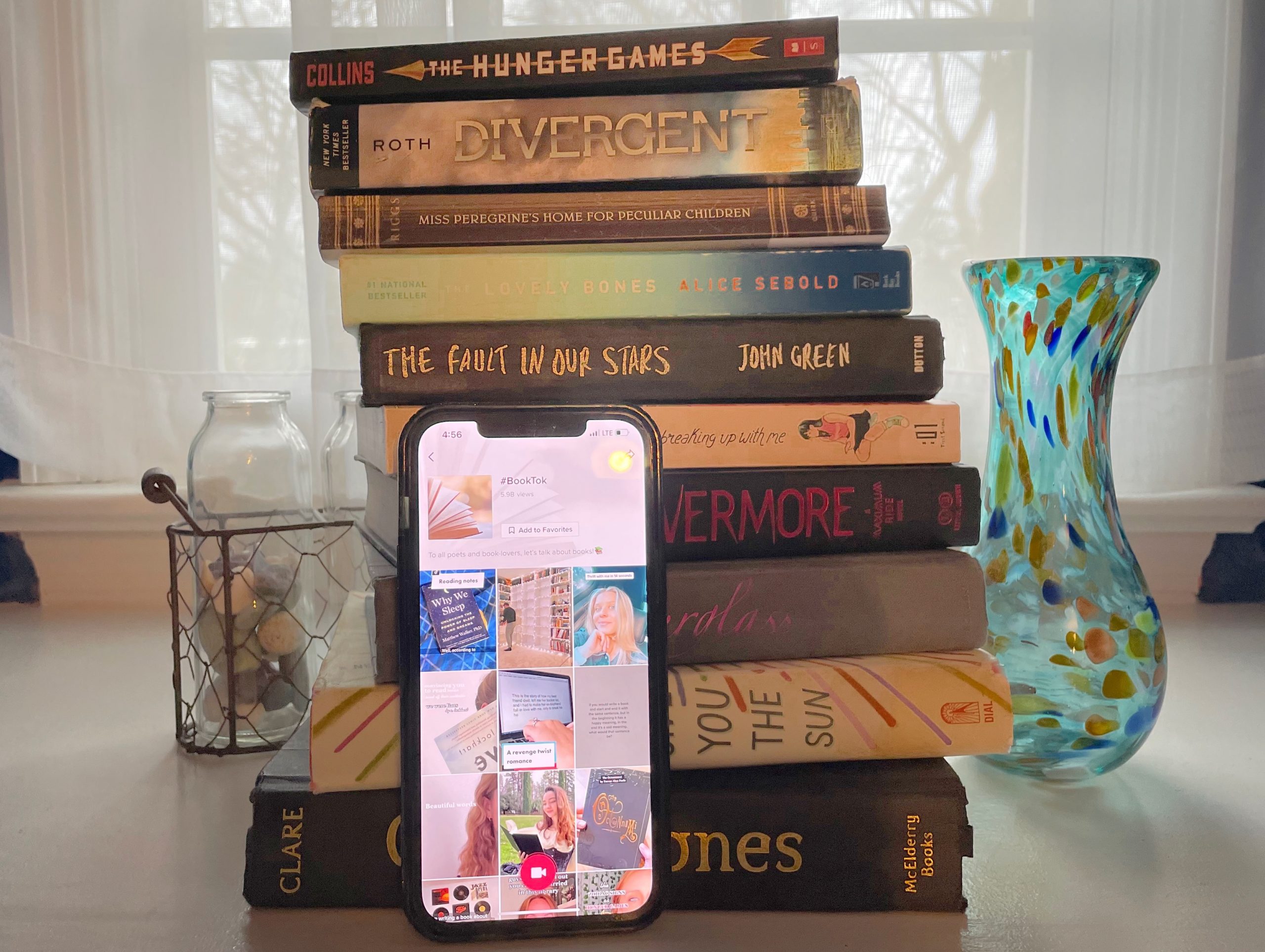Interviews
8 Years in Reading: an Interview with C. Max Magee of The Millions

As year-end reading lists go, you can’t find a more insightful and valuable collection than The Year in Reading from The Millions. Rather than seduce time-strapped readers and holiday shoppers with a gift-giving cheat sheet (5 eBooks for Stepdads for Under $5), The Millions asks their “favorite writers, thinkers, and readers” to share the highlights they recently checked-off their reading list. “Their charge was to name, from all the books they read this year, the one(s) that meant the most to them, regardless of publication date.” The participants they’ve worked with over the last eight years represent a publishing pantheon, from Pulitzer Prize winners to first-time novelists. For a better look into this legacy, Electric Literature interviewed C. Max Magee, the man behind The Millions.
Electric Literature: The Year in Reading is now an eight-year-old tradition. How’d it get started?
C. Max Magee:In the early days, The Millions was much more my own public reading journal than the multi-contributor online magazine it is today. I had started the site in 2003 as a Blogspot blog and treated it like a hobby, writing about books and book news that interested me. When the first year came to a close, I thought it would be fun to recap some of the books I had read. Part one of that effort looks like a fairly generic reading journal, but it also was the germ of an idea that the end of the year might be a fun time to reflect, not just on the best books that came out that year, but on the best books I (and others) read that year, regardless of publication date.
EL:What’s the process like? What have you learned and how has the series evolved over the years?
CMM:Starting in late October, my fellow staff writers and I begin creating a wish list of participants, writers we know how to reach and others we think we might be able to track down. From there it’s just the unglamorous work of emailing and hoping for responses. I have learned, though, that people with a love of reading, no matter how famous in the literary world, seem to appreciate the opportunity to reflect on what they’ve read over the last year. For the dedicated reader, books can represent a big commitment, in time and in brain space, and it’s enjoyable and rewarding to reminisce on those reading experiences rather than just charging forward to the next book, book after book.
In 2004, when the site was still something mostly just read by my friends, I invited some of them to take part in this idea of reflecting on the books you read over the last year. In 2005, I got the idea to invite a few authors. And George Saunders, wrote a very little something for us, I realized that the sky was the limit in terms of who we might ask to participate. It was at that point that the series became the incredibly fun monster it is today.
EL: We’re currently in the season of year-end lists. What makes The Year in Reading different than other lists? And what do you hope it will accomplish?
CMM: The year-end list has become a cliché and is very obviously now little more than a symptom of our cultural obsession with keeping score and ranking everything. It’s a fun pastime, one that we at The Millions are not above engaging in, but at year end, amid the onslaught, it becomes somewhat meaningless and feels transparently like a marketing boondoggle to support the promotional-book-cover-sticker-and-blurb industry. There are so many best of the year lists that everything is the best (and the worst). So, how can we have some year-end fun while still extracting something meaningful from the effort? To echo some comments I’ve made in past years when introducing the series, among the chief arguments leveled against such “best of” lists is the way they posit an illusory pinnacle of achievement and quality. By means of a grand consensus, the list smooths over natural and exciting variations in individual taste. But true discoveries are often made not by finding out what everybody liked, but by getting from one trusted fellow reader a recommendation that strikes a nerve or piques an interest. And rather than hearing from just one trusted fellow reader, we try to give you 70 or so each year. The cup overfloweth.
The biggest difference between our list and most others is its focus on what our participants read last year, regardless of publication date. As I wrote four years ago: “The tyranny of the new does not hold as much sway with these oldest of old media. New books are not forced upon us quite so strenuously as are new music and new movies. The reading choices available to us are almost too broad to fathom. And so we pick here and there from the shelves, reading a book from centuries ago and then one that came out ten years ago. The ’10 Best Books of 2007' seems so small next to that.”
EL: In a recent interview with The Coffin Factory, Tom Roberge from New Directions said (and I’m paraphrasing) that if you’re not still starstruck by writers you work with, you’re in the wrong business. Your series attracts some really big names, who were you most excited to hear back from?
CMM: The list is long, but here are a few. I already mentioned George Saunders, but we were also genuinely wowed when we heard back from Junot Díaz, William H. Gass, two-time participant Jennifer Egan, Margaret Atwood, and John Banville.
EL: Are there any writers you’re still hunting down? Who’s your white whale?
CMM: I think we go after Jonathan Franzen each and every year, and it never seems to work out, though we certainly understand the demands on many of these writers’ time. There are some other folks we think it would fascinating to track down. Who wouldn’t want to know the best book that Don DeLillo, Philip Roth, Cormac McCarthy, or (why not) Thomas Pynchon read last year, regardless of publication date?
EL: Which books were you surprised to hear recommended? And what’s the strangest pairing of writer/book you’ve encountered so far?
CMM: This is a tough one because at this point we’ve had hundreds of people recommend probably a couple thousand books. So, to pick a few that have stuck with me: Margaret Atwood on Wilkie Collins, Alexander Theroux on St. Paul’s Epistle to the Romans. Sam Lipsyte on the obscure writer Hob Broun, Helen Dewitt on Edward Tufte. Tom McCarthy on Ingeborg Bachmann, Joshua Cohen on C.M. Doughty, and — maybe my all time favorite entry ever — book critic Sam Anderson’s Year in Marginialia.
EL: Is there an order to the posts? Who else is lined up?
CMM: There is no real order to the posts — it’s meant to be eclectic and unpredictable — though we traditionally kick off with one of my favorite bloggers, author Stephen Dodson who runs Languagehat. As of right now we have 26 left on the schedule. I’m afraid I can’t reveal who because part of the fun is the suspense!
EL: What’s the highlight from your year in reading?
CMM:Every year I seem to run out of time before I can get my own Year in Reading entry done. I had a pretty good year in reading this year, with the highlights being American Pastoral by Philip Roth, A Visit from the Goon Squad by Jennifer Egan, Cloud Atlas by David Mitchell, The Wild Trees by Richard Preston, and Habibi by Craig Thompson. All of these books had me counting down the minutes until I could crack them open again and kept me up late not wanting to put them down.
***
— C. Max Magee created and edits The Millions. He is co-editor of the collection of essays The Late American Novel: Writers on the Future of Books, called “funny, poignant, relentlessly thought-provoking” by The Atlantic and featuring Jonathan Lethem, Benjamin Kunkel, Deb Olin Unferth, and many others. He has appeared on NPR’s “Weekend Edition”, Minnesota Public Radio’s “Midmorning”, and ABC Radio National’s “The Book Show” and has written for a number of publications. He and his family live in New Jersey.
— Benjamin Samuel is the Online Editor of Electric Literature. He finally read Everything Ravaged, Everything Burned this year.









